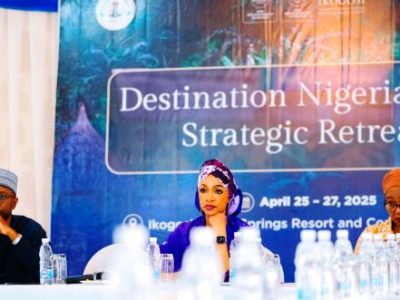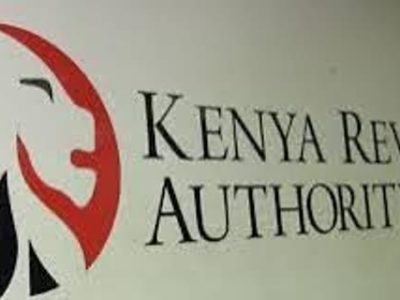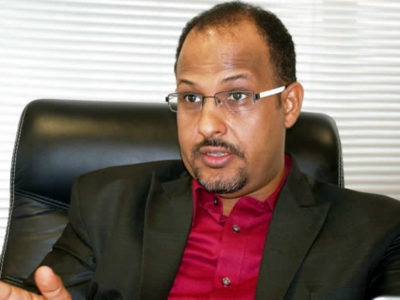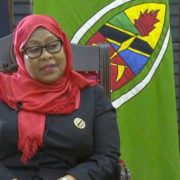The Nigerian military has begun to monitor online activities of Nigerians even as government begins a hunt for merchants of hate speeches. There are hints of a statutory commission to monitor hate speeches and new laws in the works to prosecute offenders, IT Edge News can report.
Parts of the commission work will be similar to those of Kenya’s National Cohesion and Integration Commission which flagged over 170 social media accounts just before the recent presidential elections in that country. Hate speech attracts penalty in Kenya and globally, it is increasingly drawing the attention of governments. In Germany, a new law imposes fines on social media companies: Facebook, Twitter and others once found guilty of allowing their platforms to be used to spread hate. They are under obligation to take down the ‘hate posts.’
In Nigeria, the rising popularity of social media as internet spreads in usage has provided a leeway for secessionists and irredentists to spread their messages often heightening the country’s political temperature.
A worried Vice President Yemi Osinbajo had warned that people using the internet to make or share hate speech will be regarded as terrorists. Going a step further, President Muhammadu Buhari, this week in his national broadcast to announce his return to work after about 103 days away in the UK for treatment, declared that social media hate mongers have crossed the red line hinting of government action.
Later this week, in a television interview with Channels Television’s News At 10, Director of Defence Information for the Nigerian military, Major-General John Enenche announced a monitoring unit to take actions against persons making or sharing hate speech. “In the military, we are now taking on it more seriously than ever. We have our strategic media centres that monitor the social media,” Enenche told Channels Television.
A senior presidency official told IT Edge News that government would use “law, technology force and persuasion to counter hate mongers”
President Buhari while acknowledging sectional and political grievances of Nigeria’s numerous interest groups advised such groups to seek for redress through the National Assembly and the Council of State, which as he stated, are the two “legitimate and appropriate bodies” bodies constitutionally charged with resolving issues that affect Nigeria’s federal structure.































